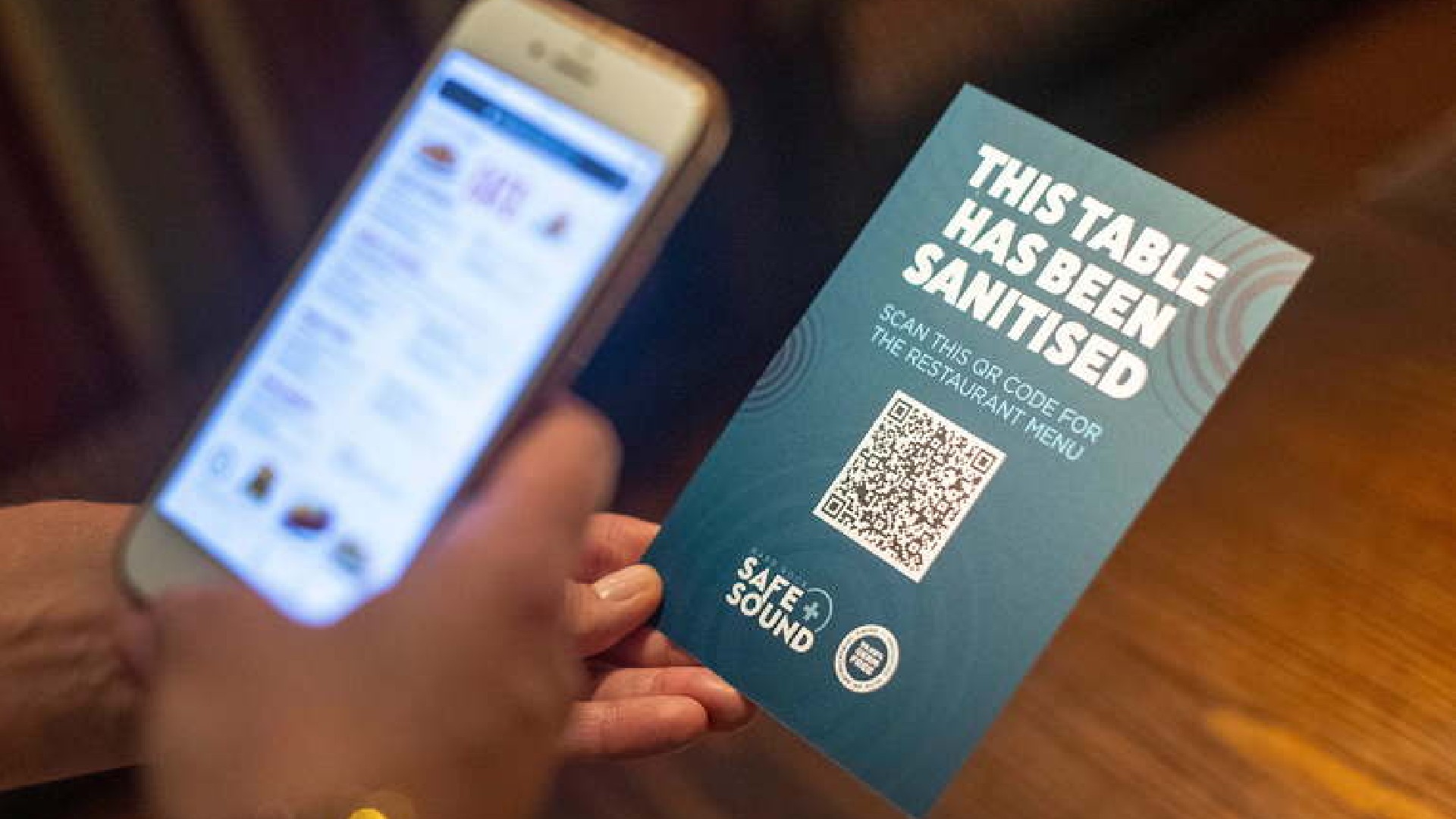The COVID-19 pandemic has paved the way for conscious travelling. As cases have started plummeting, tourism seems to pick up soon. But the virus isn’t gone it and there is a fear of a probable third wave too. Amid these uncertainties, contactless technologies are playing a big role in revolutionising travel. From QR-coded menus, touchless payments, e-bookings and in-app ordering to contactless check-ins, RFID tags and facial recognition, various mechanisms are becoming a norm in the new normal to reduce human contact in the travel and hospitality sector.
RFID Tags, Sensors And Robots To Make Travel Easier And Safer
At airports, hotels, restaurants and other travel hubs, contactless technologies are being used on a large scale now. RFID and NFC tags, sensors, robots, etc. are being widely implemented in the travel sector for reduced human contact. We have seen earlier how the Central Railway took the help of robots to give masks and screen passengers at the stations. To ensure that things remain contactless as much as possible, people are heavily turning to their mobile phones for swift and efficient transactions. In other words, when it comes to travelling, the pandemic has made people more tech-savvy.

Drone Testings Have Started In Controlled Environments In India
Technologies like Artificial Intelligence, Internet of Things (IoT) and Big Data are not jargons anymore. A large number of people are talking about these technologies and are trying to implement them. According to a Hindustan Times report, Aviral Gupta, chief strategy officer, Zostel, said, “Cloud-based IoT (Internet of Things) softwares will further augment and streamline operational complexities like coordinating housekeeping systems, assigning staff duties and confirming compliance with newly-enhanced cleanliness standards. The IoT revolves around the idea that virtually any physical object in a hotel, including room thermostats, TVs and door keys can be controlled and monitored remotely.”
Drone testings have also started in controlled environments in India to deliver food, medicines and more in a contactless way. India is gearing up for drone flights ‘beyond visual line of sight’ (BVLOS), which means flying the drones at distances beyond the normal visible range of the operator.
